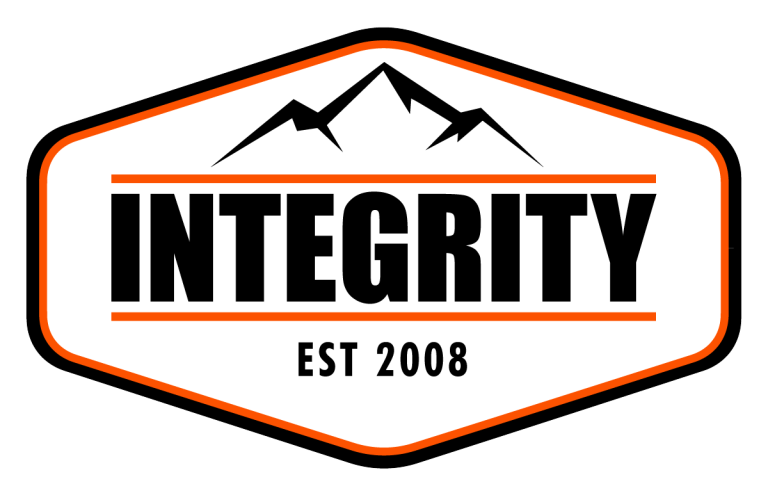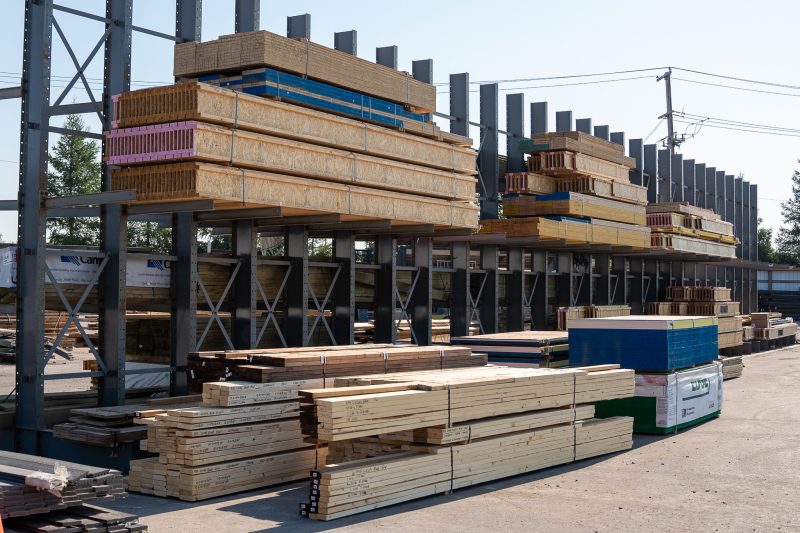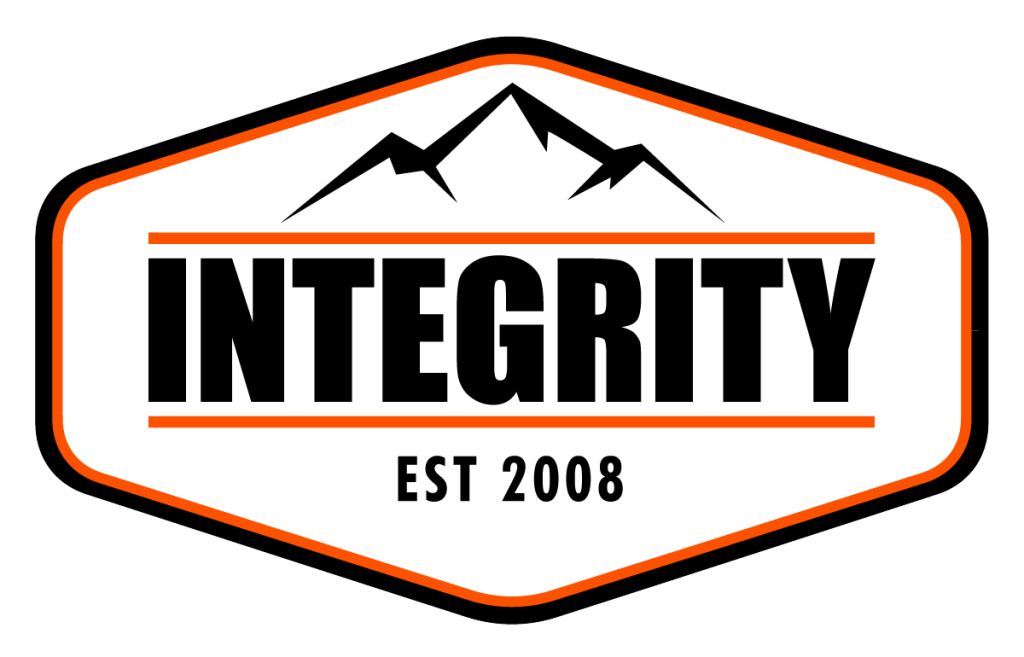At Integrity Building Products, we understand the growing importance of environmental responsibility in home building. As an industry, we are aware of the impact our collective choices have on the environment and together the homebuyer, home builder, and suppliers are looking to make more sustainable choices.
As a supplier of framing materials, Integrity’s supply chain team is keenly aware that the choices we make, including which suppliers we work with, have an impact. We choose to source our lumber products from local producers who have taken steps to help ensure the sustainability of the lumber industry.
“We are happy to tell our customers that the mills we work with meet the highest standards for environmental stewardship,” says Scott Myer, Chief Operations Officer for the Integrity Group and business unit leader for Integrity Building Products.
Governance Ensures Responsible Forestry Practices
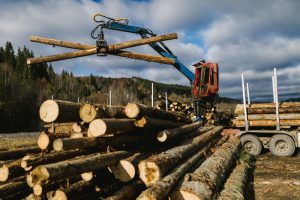
In Canada, forest companies seeking to log on public lands must develop sustainable forest management plans that comply with strict forest laws. Companies must consult the public, industry and experts to ensure plans include steps to maintain ecosystem health and create economic opportunities for communities. Registered professional foresters must prepare the plans.
In addition to companies being required to develop a forest management plan, they are encouraged to obtain an independently verified forest management certification. These certifications provide added assurance that a forest product company is operating legally and complying with internationally accepted standards for sustainable forest management.
“In Canada we are fortunate to have government support for sustainable logging,” explains Brady Wilk, Supply Chain Manager with Integrity Building Products. “We do our due diligence to ensure the integrity of our suppliers, and knowing they are legally responsible to a minimal standard gives us peace of mind.”
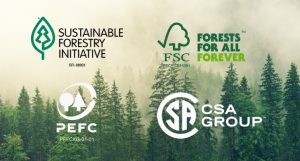
By adhering to these rigorous standards, certified forest product companies prioritize environmental protection, social responsibility, and economic viability. These certifications verify that forests are managed to protect biodiversity, water quality, and soil health, while also considering the rights of Indigenous peoples and the well-being of forest-dependent communities.
“We feel good knowing that our suppliers not only meet or exceed government regulation in sustainable forestry, but they have also taken the extra step in being independently certified by one of these organizations,” adds Brady. “Our home building partners can feel confident in knowing that the lumber they purchase from us was ethically sourced.”
Chain of Custody Standard
Forest product companies can also get Chain of Custody certification which ensures that the raw material used in the products can be traced back to legal and socially acceptable sources and no illegal or unsustainable wood has entered the supply chain. This requires the company to have supply chain and human rights policies in place, as well as a supplier code of conduct.
“This certification gives us greater confidence in the product, not only can we feel secure knowing the lumber was sustainably harvested, but that any product we purchase from the supplier was procured through legal and socially acceptable sources,” explains Brady.
LEED Qualifications
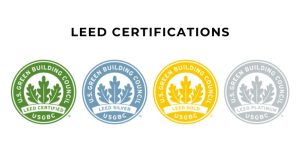
One of the most significant challenges for a builder working to achieve LEED certification is tracking and processing the documentation. “For builders to meet their LEED qualifications in wood frame construction they must use wood products from a certified mill, and they must have the paperwork to prove the origin of the wood products,” explains Brady. “Knowing the mills we work with are certified makes the process easier for us and our customers.”
Integrity is positioned to successfully track all procured materials through to our partner’s construction site, and ensure all documentation, identifying the source and journey of the building materials, is detailed and accurate. Our partners can be confident in our ability to help them achieve the stringent requirements for LEED certification.
A Commitment to Sustainability
Integrity Building Products is committed to meeting the demand from our home building and commercial construction partners for more sustainable forest products. Our partnerships with certified forest companies who have taken the additional steps to become accredited through a forest certification organization, means our building partners, and their customers, can feel confident that the lumber used in their projects are environmentally, ethically and socially responsibly sourced and procured.
